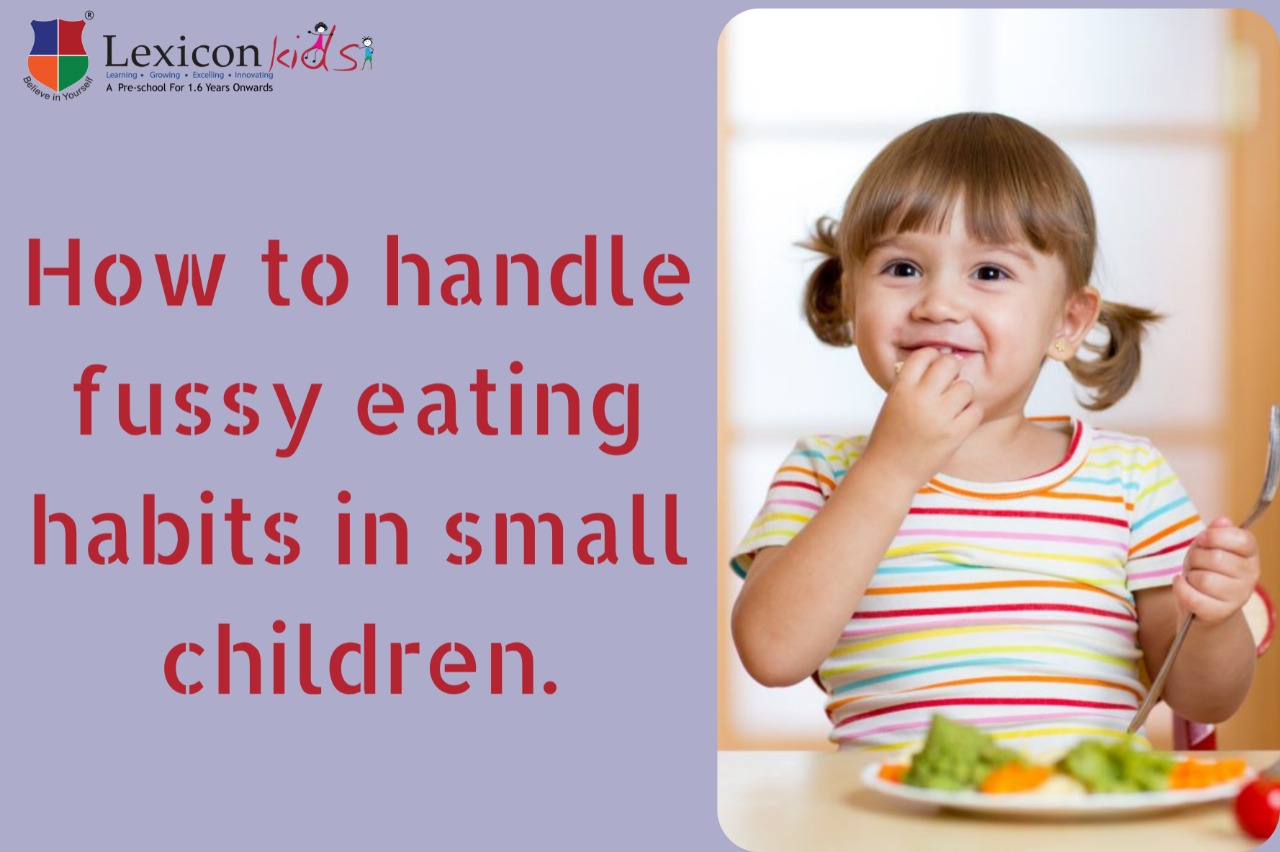How To Handle Fussy Eating Habits In Small Children
Being a grown-up can be frustrating. But growing up can indeed be more so, especially when you’re a child. For case, taking care of food habits is an important part of one’s development. However, it will be veritably delicate for them to correct their eating habits when they get age if children are not allowed to develop the right habits in the early times. Getting your child-oriented to eating a variety of foods at a youthful age will give plenitude of variety and convenience due to children who have a wide palate at a veritably youthful age. Children who eat a wide variety of foods from a youthful age tend to continue eating numerous distinct types of foods during growing years continue those habits.
New parents always ask other parents about their kiddies’ eating habits and how to manage them. The answer is different for every sprat depending on several factors similar as age and personality. Children are veritably fussy when developing the correct food habits and we, as parents, need to deal with all kinds of situations and not get frustrated or let it ruin regale time.
Most kids have fussy eating habits. Fussy eaters will frequently limit their food choices to a narrow range of familiar foods, and they may have difficulty eating a balanced diet. When faced with new foods, they may refuse to try them, or they might monkeyshine or throw up after trying new food.
How can you encourage your picky eater to broaden his food? Then are some tips:
Do Not Force It
Avoid power struggles by not forcing your child to eat anything he/ she does not want. While it is important to offer a variety of foods, you do not need to force him/ her to eat them if he/ she has no interest in trying them. However, save the leavings for lunch the coming day, if he/ she turns his nose up at regale.
Keep offering new foods in small quantities
Of forcing your child to eat commodities does not want, try introducing new foods gradationally in small portions. You might let him play with his food before regale or serve cate first so that he fills up on sweets before seeing what differently is on the table. Do not make a big deal out of every bite; if your child is resistant, try making it feel like an everyday circumstance rather than an unusual circumstance.
Maintain a Routine
Avoid food fussiness in your child, serve reflections and snacks at the same times each day. However, offer a nutritional food snack at the regular snack time if your child chooses not to eat a mess. Serve milk or 100 percent juice with the food
Do Not Be An On-demand Chef :
Feeding a child, a separate mess after refusing to eat the original mess might encourage fussy eating. Encourage a child to stay at the table for the designated mealtime — indeed if he or she does not eat.
Involve the little chef’s
Going to the grocery store with your kiddies can be delightful. Educate them about food as you go. Encourage them to reach for healthy choices, like fruits and vegetables. Encourage your child as much as possible to educate children about healthy eating.
Show your creative side as a parent
Parents can encourage their children to eat a wider range of foods by preparing them in unusual ways (for illustration, disguising vegetables, and other healthy foods by mixing them into the main course) and by offering a variety of appealing foods at every mess. Be creative about the combinations that you use.
Encourage Family Mealtime
Enjoying a meal together as a family has numerous benefits especially for children to inculcate healthy food habits. Serving and eating foods that everyone enjoys. Parents should also encourage their children to eat a wide range of foods by varying presentations and food choices. When you eat by yourself, you can eat without paying attention to what you are doing. However, you cannot, if your child eats at your side.
If food is an event and not just a commodity to be eaten, it becomes a thing to be enjoyed rather than simply a thing that fills up the stomach.
There is no similar thing as" good "or" bad" food, but some effects are further fun than others. However, we've to be willing to try new effects with them and not contend on perfect obedience to our own tastes and prejudices if we watch about our children's enjoyment of eating.
Keep mealtime relaxed and pleasurable
Keep mealtime relaxed and pleasurable. Prospects of good table manners are not applicable at this age. At mealtime, if your child is able of feeding himself with a ladle or chopstick, let him tone- feed. This way he will enjoy his mess without feeling pressured to eat everything on his plate.
Do not pressurize your child to finish everything on his plate
Fussy eaters like the texture of some foods, while disliking others. For illustration, they may love broccoli but detest carrots; or prefer sauce but dislike yogurt; etc. So, it is important not to make your child finish every item on his plate or stop eating when he is full (or full).
Most children are notoriously fussy about their food. This is because fussy eating is part of children's development. It is a way of exploring their independence. And it is also because children’s appetites go up and down depending on how active they are. The children are likely to get less fussy as they get older. One day your child will eat and enjoy an entire range of different foods.







